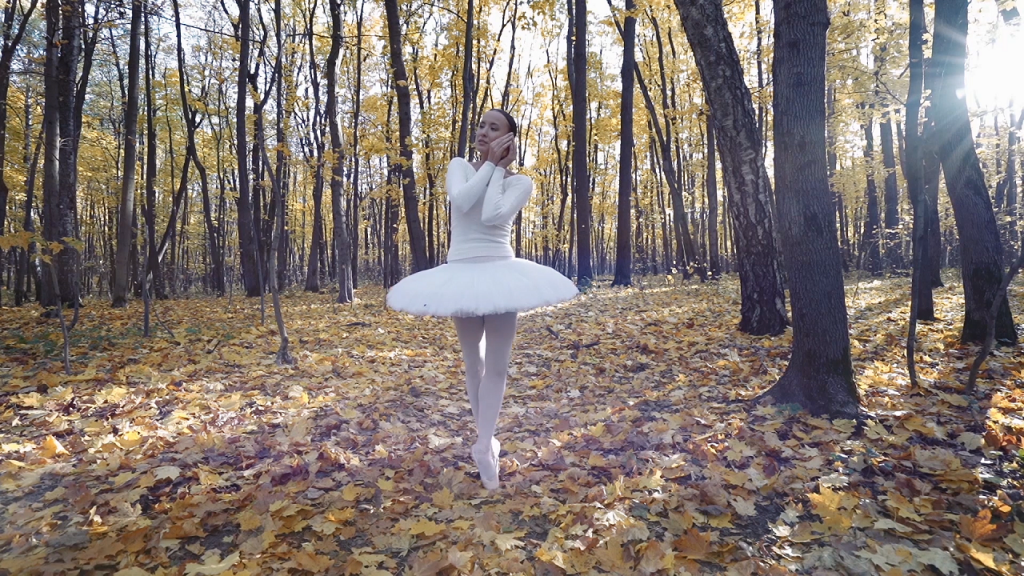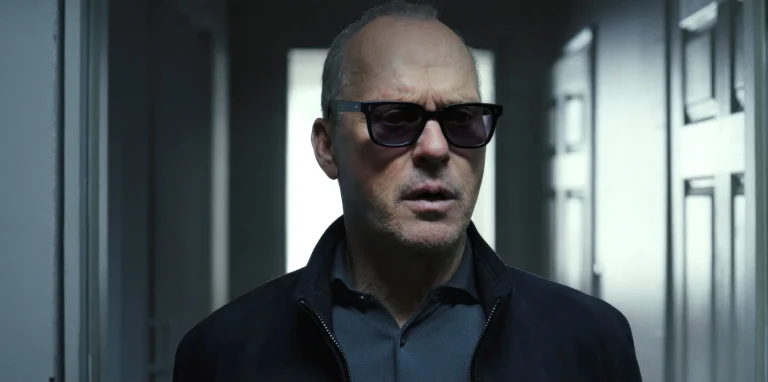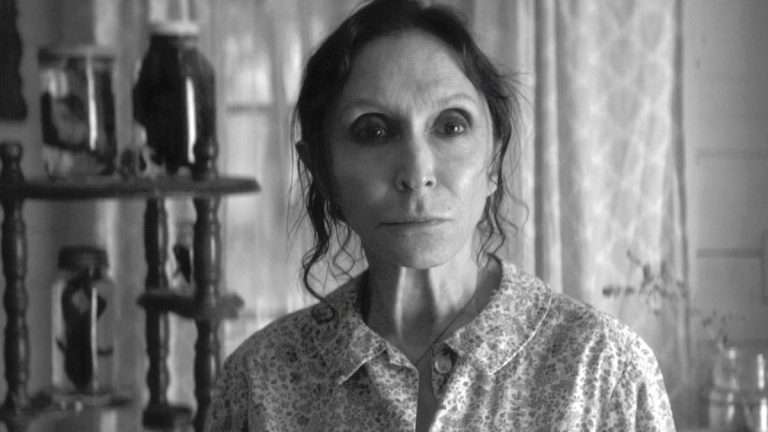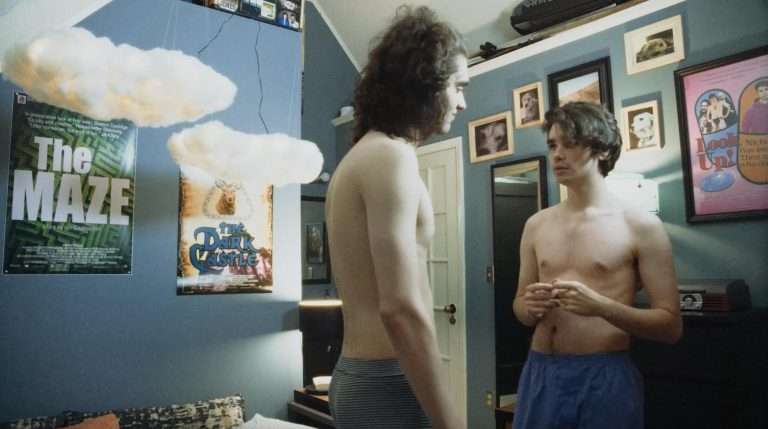The Wolf in the Moonlight (2020) Review: A bio-documentary is quicksand because the life of an individual is the culmination of multiple subjective experiences that incite a unique response in every viewer. Therefore, the more you want to explore, the more trapped you get. The documentarian cannot be immune to an association, empathy, or conflict with the subject. In case of incidents, the objective nature of reality overwhelms subjective experiences and conflicts only arise in the feedback the piece receives from the viewers.
Nicholas Rooney, a former diplomat, decision to film some as boastful and repulsive as Aleksandr Dugin is akin to traipsing on broken glass without making a sound. Dugin is repulsive when he speaks not because of how he looks but because of his ideas, his perception towards life, nationality, and culture. We, as an audience are cushioned because we are not carrying a dialogue with him directly. We can pause, ponder, and shout. Rooney doesn’t have this liberty and he shouldn’t. A documentary can be a discourse but it shouldn’t be a debate within the confines of the screen. Therefore, every time Rooney’s threshold is broken and an interjection occurs from his side, the documentary loses its efficiency.
Similar to The Wolf in the Moonlight: The Thin Blue Line (1988) Documentary Review
The Wolf in the Moonlight is an optimistic project. It feels as if Rooney played Russian Roulette with his own foot. Because even when the material he is receiving from the subject is volatile, suppressed, unfocused, indulgent, and certainly ineligible to be romanticized, Rooney attempts to draw some mythical parallels and expose Dugin’s inherent conservatism with the use of cinematic tools. Dugin struggles to gather his thoughts in a comprehensible manner, probably due to the fact that English is not his first language, and ends up contradicting himself on many occasions. But it gets tiresome to listen to the person’s ramblings and diplomacy around questions that have binary answers.
I am particularly disappointed with the questionnaire chosen and even though I can be understanding of the fact that the subject has to approve every question before it is asked before the camera, a filmmaker has to understand that he/she/they will have to deceive in order to extract. Dugin gets mostly comfortable questions to which he can boost his ego. And in the very few instances of confrontation, such as Rooney’s attempts to make Dugin comment on the responsibility of the Ukrainian Crisis, Dugin ties the moment in diplomatic authority and renders Rooney’s interjections void.
What works in the documentary is the camera work because it observes, exhibits, and adulterates the screenplay. The camera’s gaze builds an environment in which Dugin gets rewarded with dominance. But the charm is only translucent for you clearly get to see a man who is given more importance than he deserves on his turf. I would add this to Rooney’s merit and the potency of his ambition.
The Wolf in the Moonlight will go down in history for its academic value and will serve an archival purpose than the purpose of awareness or entertainment. But it is more about an individual than the individual’s influence on world politics. Therefore, it has a little takeaway for those interested in geopolitics altogether or communist nationalism. This documentary will find itself in a very restricted space but it will survive because it matters.






![Midsommar [2019]: ‘MAMI’ Review – A blissfully warm nightmare](https://79468c92.delivery.rocketcdn.me/wp-content/uploads/2019/10/Midsommar-MAMI2-768x384.jpg)

![Meat me Halfway [2021] Review – An insightful documentary about reducetarian habit of food consumption](https://79468c92.delivery.rocketcdn.me/wp-content/uploads/2021/07/Meat-Me-Halfway-white-oak1-768x432.jpg)
